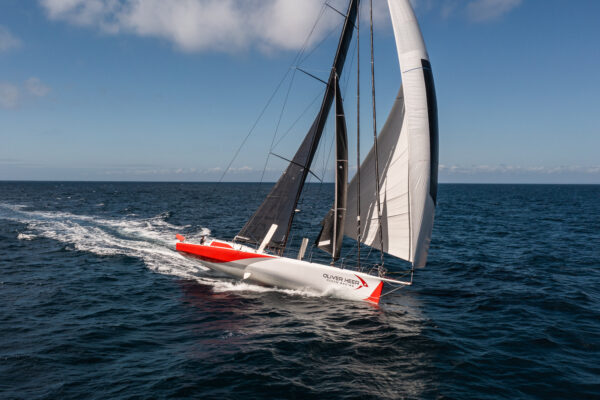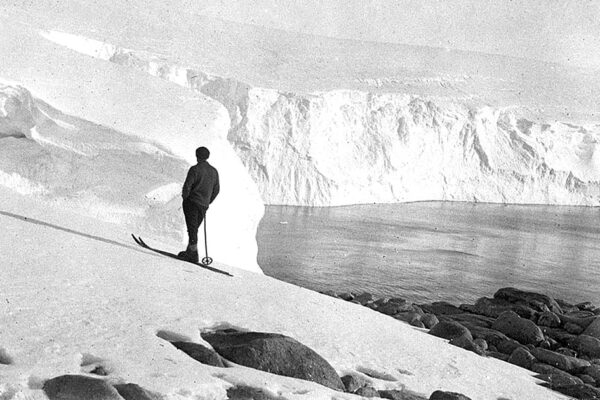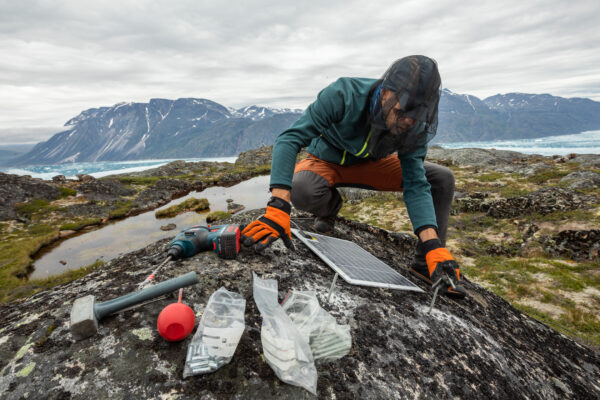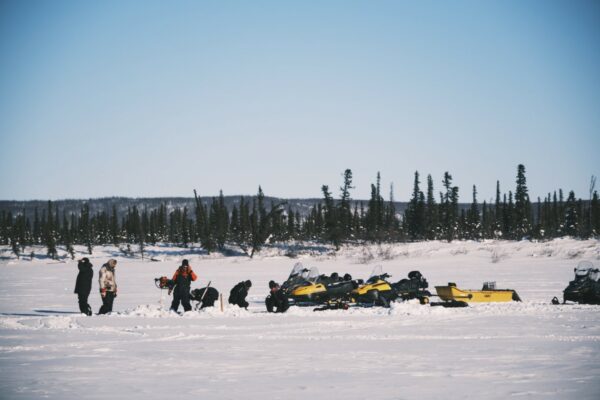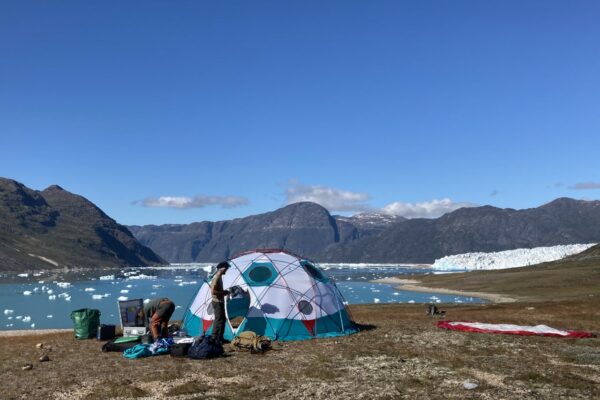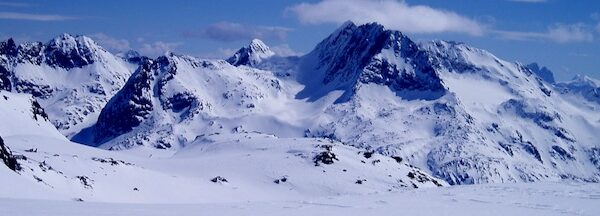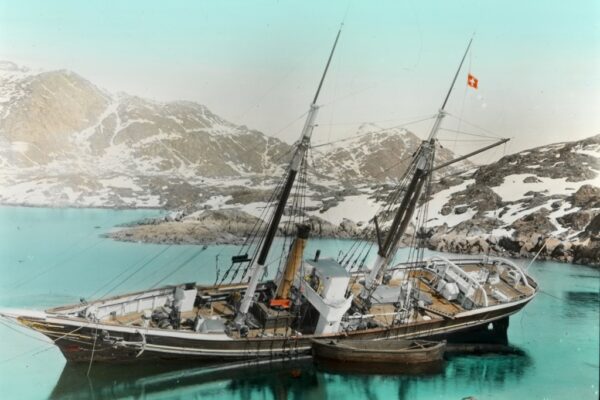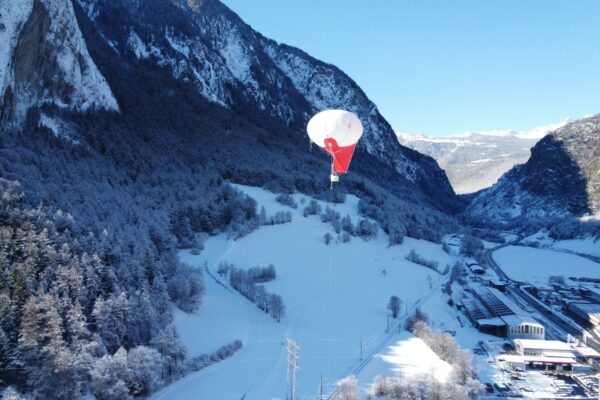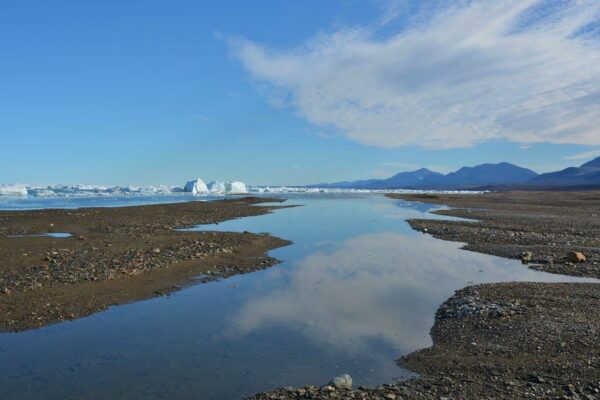The Swiss Polar Institute is collaborating with offshore sailing team Oliver Heer Ocean Racing to collect environmental data during their 2024 Vendée Globe Campaign. Oliver Heer Ocean Racing and the Swiss Polar Institute are pleased to announce the start of a three-year collaboration to place world-leading Swiss science on Oliver […]
Read MoreArticles by: Laurence Mottaz
Mertz Fellowship – Switzerland and Australia create opportunities for PhD students and ECRs
The Mertz fellowship aims to intensify collaboration and networking between Swiss and Australian polar and high altitude science communities. It is dedicated to PhD students and ECRs (maximum 5 years after the PhD award at the time of the proposal submission) based in Switzerland and Australia. The fellowship supports their […]
Read MoreThe GreenFjord project gets started – Dominik Gräff
How does accelerated climate change in the Arctic affect the ecosystems of Greenlandic Fjords? This is the central question which the GreenFjord project funded by the SPI Flagship Initiative aims to answer in the upcoming four years. Therefore each of the six individual research clusters within the project focuses on […]
Read MoreSPI Exploratory Grants and SPI Technogrants – Calls for proposals 2022
The calls for proposals for the SPI Exploratory Grants and SPI Technogrants are now open! The SPI Exploratory Grants support Swiss based scientists active in polar regions (including remote high-altitude regions) by allowing them to explore new ideas, fund additional field work or launch new collaborations with financial support targeted at the costs of […]
Read MoreFirst field campaigns of SPI Flagship Initiatives started
Both SPI Flagship Initiatives have started their first field campaigns in Southern Greenland and Pamir, Central Asia. These will continue until the end of the summer. Read more about the latest news from the field on the PAMIR and GreenFjord websites. Header photograph: © Andreas Vieli, all rights reserved
Read More2022 International Symposium on Snow
The International Glaciological Society Society and the WSL Institute for Snow and Avalanche Research SLF will hold the 2022 International Symposium on “Snow”. The symposium will be held at the Davos Congress Centre, Davos, from 25 to 30 September 2022. The symposium will focus on understanding snow and its impacts […]
Read MoreAccross Greenland’s Ice Cap – Alfred de Quervain’s memoirs now available in English
Switzerland has a longstanding scientific history in polar regions. The pioneers behind this history and their achievements are often largely unknown outside of the country. The memoirs of one of Switzerland’s greatest explorers and early polar scientist, Alfred de Quervain, are now available in Shakespeare’s language. “Across Greenland’s Ice Cap, […]
Read MoreMoMuCAMS – A new platform to understand the vertical dispersion of aerosol particles and trace gases in the lower atmosphere – Julia Schmale
MoMuCAMS stands for Modular, Multiplatform-Compatible Air Measurement System. Behind what at first seems like a mouthful, lies what may appear as a simple box carrying a set of instruments (Fig. 2). The truth is more complex than that… It all started in May 2020 in the Extreme Environments Research Lab […]
Read MoreCall for applications – Leister Southeast Greenland Expedition 2023
In early August 2023, the Leister Foundation is planning a 14 days ship-based expedition along the coast of South and Southeast Greenland, from Narsarsuaq to Ittoqqortormiit, with purpose of facilitating sampling where it is otherwise difficult and with space for up to eight scientists. The foundation opens a call for […]
Read More